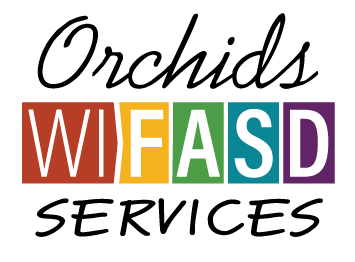The US Centers for Disease Control and Prevention (CDC) is now providing information on the rate of vaccination among disabled Americans. The data presented comes from the Household Pulse Survey, a short questionnaire by the US Census Bureau that is being used to study how the COVID-19 pandemic is impacting households across the country. Specifically, the survey asks about how the ongoing crisis has affected childcare, education, employment, energy use, food security, health, housing, household spending, Child Tax Credit payments, and intention to be vaccinated against the novel coronavirus. In order to understand how best to address the harm caused by the pandemic–both directly, by the virus itself, and indirectly, from economic and social effects–we must first understand what is needed. The Household Pulse Survey is intended to help the CDC, as well as Federal, State, Tribal, and Local Governments craft informed and effective responses to the economic and social effects of the pandemic.
According to the data gathered, thus far, vaccination rates appear to be a few percentage points lower among disabled individuals than among non-disabled ones. When comparing age groups, the difference seems to be widest among people between 50 and 64 years old (78.2% of disabled, 86.6% of non-disabled). When comparing different racial groups, the gap between disabled and non-disabled multiracial individuals is likewise the widest (65.8% of disabled, 74.8% of non-disabled); African Americans, however, are unique, with slightly more disabled people reporting being vaccinated than not (74.4% of disabled, 74.2% of non-disabled).
